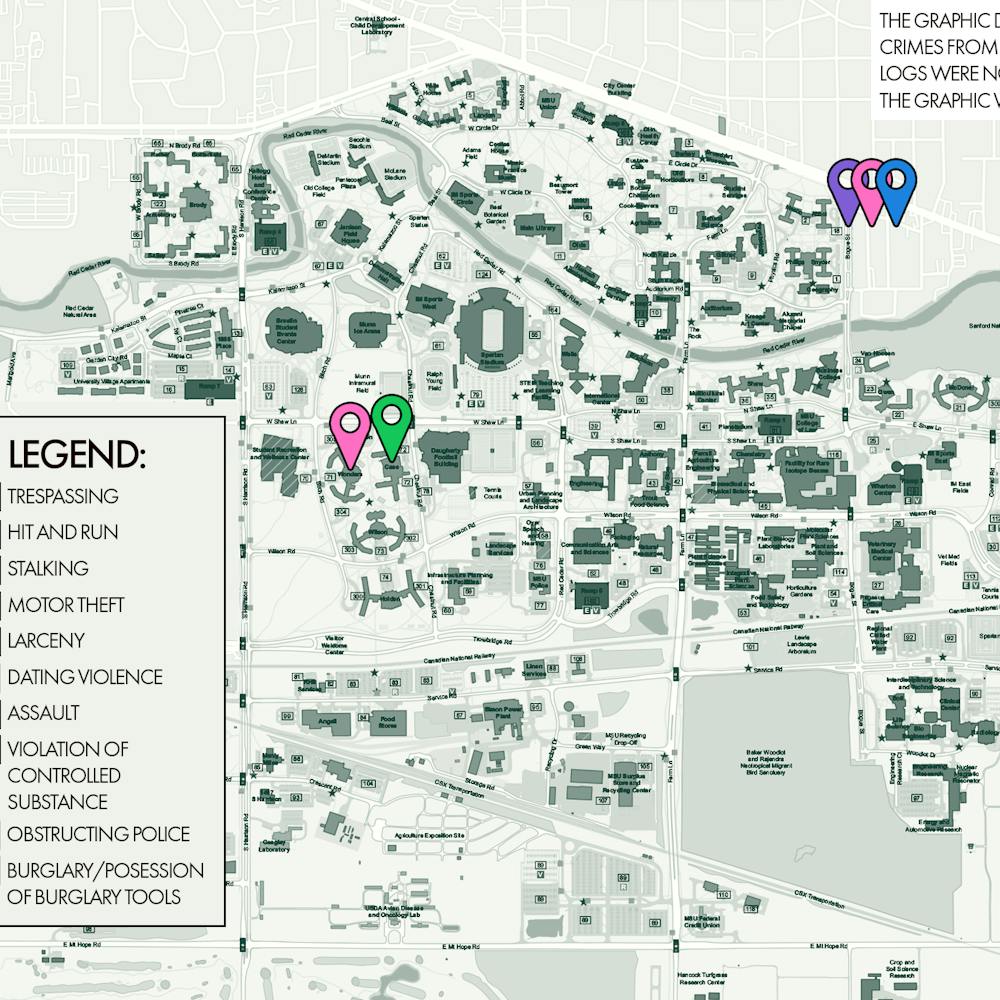Missing teeth and diseased gums are the face of nationwide smoking campaigns to instill fear in current and prospective smokers. Noticing a generally indifferent reaction from audiences, doctoral student Syed Ali Hussain decided it was time for a change.
Hussain said he observed a backfire in the way that advertisers were approaching how to get people to stop, or never start, smoking.
For people who are younger, they question why anti-smoking commercials are trying to scare them out of smoking because they are already aware of the consequences, Hussain said.
He described this as a boomerang effect.
“Whenever you show them a negative ad, they just change the channel or don’t get the message,” Hussain said.
Hussain said people in the advertising industry have been discussing the gory images and concluded they are not working or helping.
To combat this pattern, Hussain conducted a study underneath MSU professor Maria Lapinski. He explored the strategy of how an emotional appeal would affect viewers and ultimately landed on nostalgia. This approach was not a new technique, Hussain said, but is never applied to anti-smoking campaigns.
The study was made up of mostly MSU students and Hussain recorded their responsiveness to videos targeting a nostalgic appeal and one without. He noted their decision to quit or continue smoking was secondary.
Associate professor Nancy Rhodes studied similar influences on smoking behavior and how guilt and shame play a role.
“If a nostalgic campaign made people aware of the harm that their smoking could do to other people, like their grandkids or something like that, then I certainly do think that it could invoke that sense of guilt,” Rhodes said. “If it creates a frame that makes people think that their behavior is harming others, then I could definitely see that being the kind of thing that would be more effective.”
Hussain’s project commenced in 2013 and resulted in an original anti-smoking nostalgic commercial.
Lapinski said it was an especially exciting study for her to work on because while she had worked others with emotional appeals, she had never worked on using nostalgia appeal.
“It just takes somebody paying attention to it and looking at it in a different way that it has been looked at in the past in order for something like this to happen," she said.
Though the results of the study have not been published yet, Hussain said nostalgia campaigns have been successful in the advertising world.
“The nostalgia emotional appeal is good because it works with all age groups,” Hussain said. “It works with both genders. It works with persons from every culture or country.”
Support student media!
Please consider donating to The State News and help fund the future of journalism.
Discussion
Share and discuss “Doctoral student studies how nostalgia affects anti-smoking campaigns” on social media.






